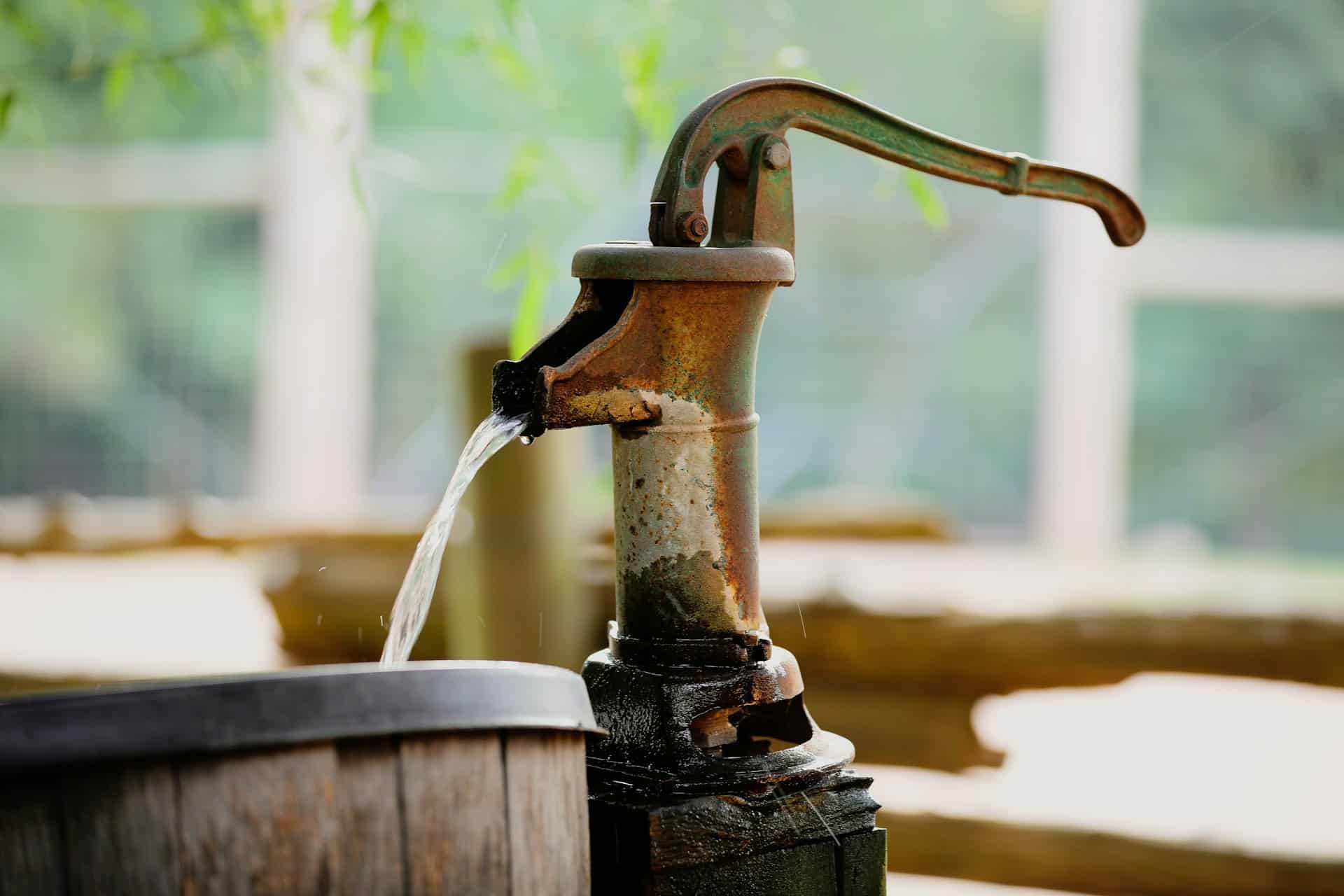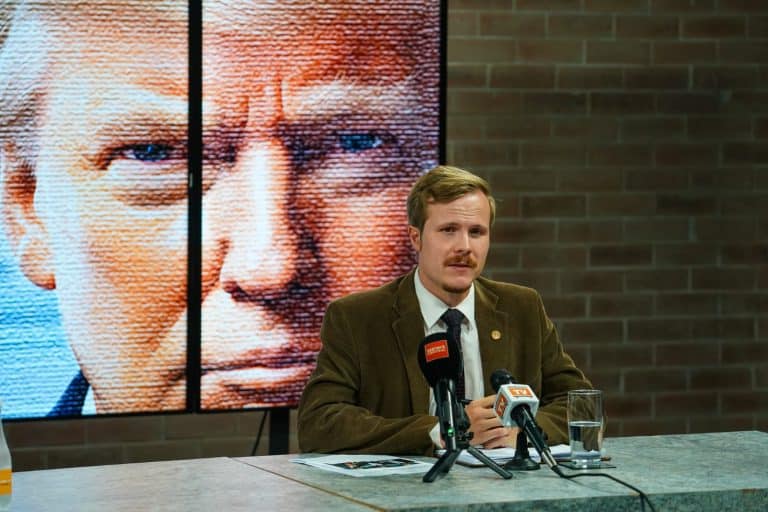Water crisis worsens as water boards pocket millions
AfriForum is calling on the Auditor-General and the Special Investigation Unit (SUI) to expand their investigation into corruption and the remuneration structures in South Africa’s water boards to include all seven water boards. This follows recent revelations that senior members of South Africa’s water boards pocket millions of rands in board fees – in some cases as much as R100 000 per meeting. This happens while people across the country have to queue for water from water tanks, endure constant water cuts and watch as sewage flows into rivers.
According to a parliamentary response by the Minister of Water and Sanitation, Pemmy Majodina, council members collectively received almost R50 million in remuneration and benefits in the 2023/24 financial year, including business class overseas travel and claims for attending non-essential events such as staff funerals and gala dinners. Some members also incurred travel and accommodation costs of more than R200 000 per year, all of which must be borne by taxpayers.
Entities such as uMngeni-uThukela, Lepelle Northern Water and Amatola Water, already under investigation by the SEC and at the centre of this scandal, are the same councils plagued by mismanagement, crumbling infrastructure and poor service delivery affecting millions of households.
“This gross misuse of public funds is an insult to every community that is without clean drinking water,” says Lambert de Klerk, AfriForum’s Manager for Environmental Affairs. “The law is clear: in terms of section 195 of the Constitution and the Municipal Systems Act (32 of 2000), public administration must be accountable, transparent and focused on service delivery. Instead, these water boards function as personal enrichment schemes for the political elite.”
AfriForum emphasises that water is a basic human right in terms of section 27(1)(b) of the Constitution. While government entities waste scarce resources on excessive luxuries during meetings, municipalities still lose an estimated 40–50% of clean water through leaks and neglect – a crisis that could have been prevented by carrying out early repairs and investing in infrastructure.
In a letter to Majodina, as well as the Auditor-General and the SIU, AfriForum demands, among other things, that:
- The Auditor-General and SIU expand their investigations into the remuneration structures of all seven water boards.
- All board appointments must be merit-based and transparent. These individuals must demonstrate clear expertise in water management, engineering and finance.
- The Department of Water and Sanitation must cease all attendance at international meetings for water board members until the water crisis in South Africa has stabilised.
- Communities are included in review processes, in accordance with the National Water Act (Act 36 of 1998) and sections 76 to 78 of the Municipal Systems Act (Act 32 of 2000).
“AfriForum will continue to mobilise communities, conduct independent water quality tests through our #CleanWater campaign, and fight against a culture of corruption and waste,” De Klerk added. “The people of South Africa deserve water in their taps, not millionaire councillors.”











